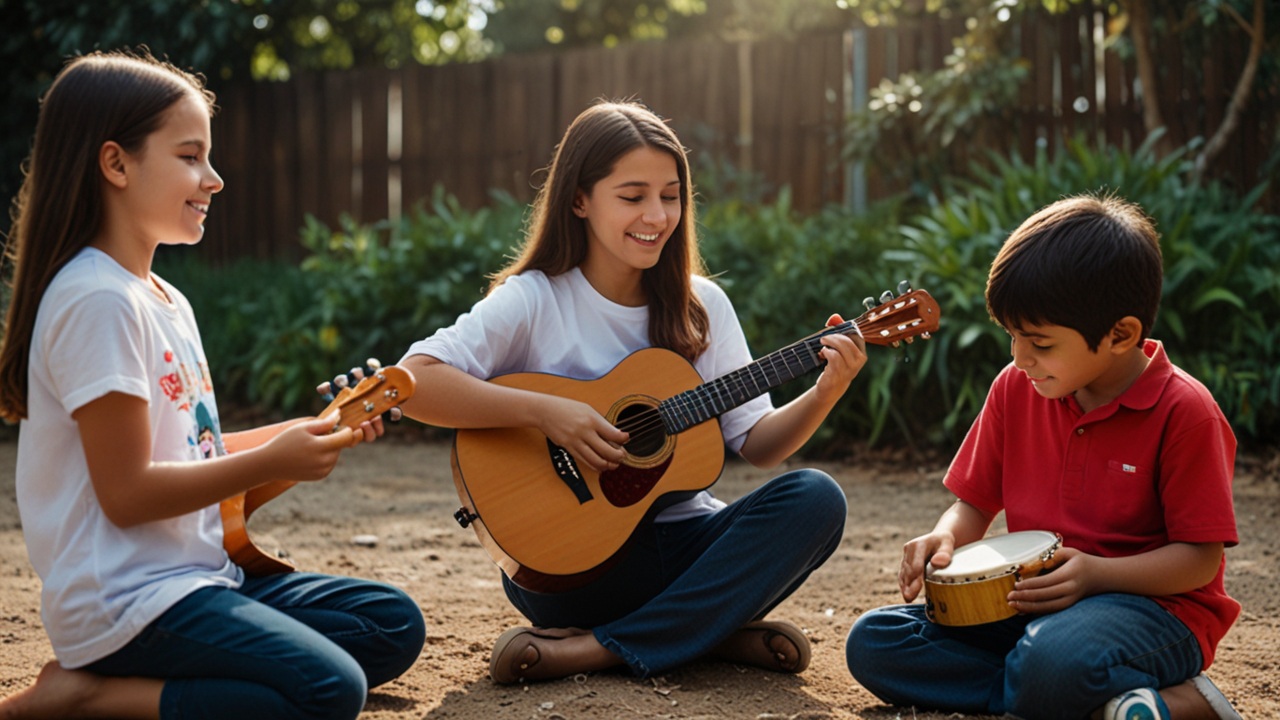Music therapy as an educational tool to involve cohesion group and emotional intelligence.
DOI:
https://doi.org/10.59028/misostenido.2025.05Keywords:
music therapy,, dynamical systems, therapeutic alliance, iso-principleAbstract
Background. Music therapy has been widely studied in different contexts. However, its specific application to improve group cohesion and the development of Emotional Intelligence in primary school children has been little explored. Methodology. This study evaluates the impact of weekly sessions of 45 minutes for eight weeks, using active and receptive music therapy techniques on 14 students between 6 and 7 years old, with cognitive, socioeconomic and family diversity. Ad hoc tools were designed to measure their effectiveness in two areas (group cohesion and emotional intelligence): a questionnaire with a Likert scale to measure seven key aspects of behaviour and a frequency table to measure the use of the main tool, the "Emotionometer" and the identification of emotions. Results. Statistical analysis reveals significant differences in group cohesion before and after the sessions (p = .001), indicating a post-intervention increase. In addition, a positive effect on emotional intelligence was observed, with improvements in the coherence and expression of emotions.These results suggest that music therapy can be effective in improving coexistence and emotional self-management in Primary Education, being an effective tool in both aspects. In addition, it favoured skills such as sustained attention, tolerance and motor coordination. Conclusions. Integrating music therapy into the school curriculum can enrich the educational experience, fostering an inclusive and collaborative learning environment








